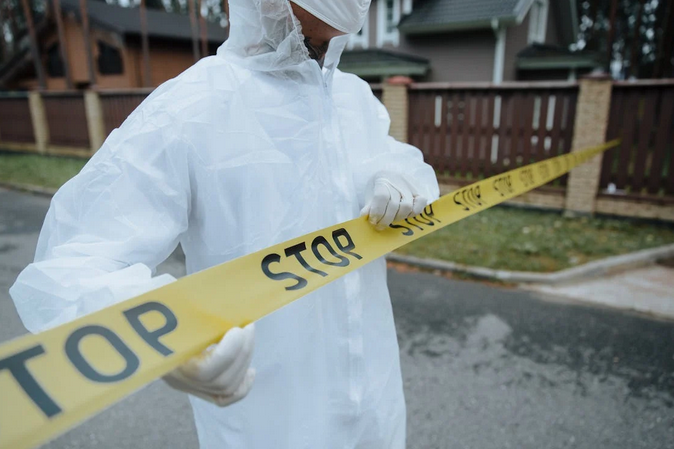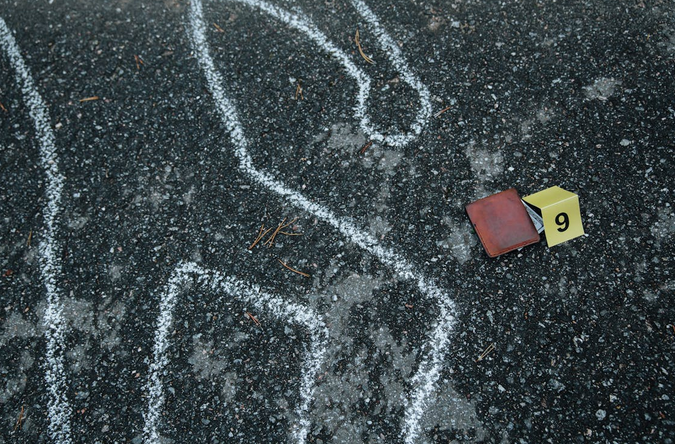Suicide cleanup, or biohazard remediation, is an essential service that goes beyond addressing the immediate aftermath of a traumatic event. It plays a crucial role in safeguarding community health, preventing the spread of disease, and offering emotional support to those affected by the tragedy. Yes, this suicide cleanup company has an important role in our communities that sometimes goes unnoticed. This article delves into the broader impact of suicide cleanup on community health, highlighting the importance of professional intervention in these sensitive situations.
Spreading Health and Safety Awareness

In the aftermath of a suicide, the environment is often contaminated with blood, bodily fluids, and other biohazardous materials. These substances can pose significant health risks. Bloodborne pathogens can survive out of the body for varying periods, making proper cleanup essential to prevent contamination and infection. Professional suicide cleanup services are equipped with the necessary tools and expertise to safely remove these biohazards, ensuring that the environment is thoroughly sanitized and safe for future use.
Preventing the Spread of Infectious Diseases
One of the primary contributions of suicide cleanup to community health is the prevention of infectious disease transmission. Unaddressed biohazards can contaminate surfaces, air, and even nearby water sources, posing a risk to any individual who comes into contact with the affected area. Professional cleaners follow strict protocols and use specialized equipment to contain and remove biohazards, significantly reducing the risk of disease spread. By ensuring that contaminated areas are properly disinfected, these services protect not only the immediate occupants but also the broader community from potential health hazards.
Ensuring Environmental Decontamination
Suicide cleanup services also play a critical role in environmental decontamination. The presence of biohazardous materials can lead to environmental contamination, affecting the quality of air, water, and soil. Professional cleanup teams are trained to handle and dispose of biohazardous waste according to regulatory guidelines, preventing harmful substances from entering the ecosystem.
Offering Emotional and Psychological Support
Beyond the physical cleanup, suicide cleanup professionals provide invaluable emotional and psychological support to grieving families. The aftermath of a suicide is an emotionally charged and traumatic experience, and the presence of biohazardous materials can exacerbate the distress of those left behind. By taking on the responsibility of cleaning and sanitizing the scene, professional cleaners relieve families of this daunting task, allowing them to focus on their emotional healing. Their compassionate approach helps families navigate their grief and begin the process of recovery, offering a sense of relief during a profoundly difficult time.
Restoring a Sense of Safety

The aftermath of a traumatic incidents like suicide can leave a lasting impact on the sense of safety and security within a community. The visible reminders of the tragedy can perpetuate feelings of fear, anxiety, and vulnerability. Professional suicide cleanup services help restore a sense of normalcy and safety by thoroughly cleaning and sanitizing the affected area. This restoration process allows the space to be used again without the lingering presence of trauma, helping the community to move forward and heal collectively.
Reducing Stigma and Promoting Mental Health Awareness
The presence and actions of suicide cleanup professionals can also contribute to eradicating the stigma associated with mental health issues and suicide. By addressing these incidents with professionalism and empathy, they help foster a more compassionate and understanding community response to mental health crises.
Collaborating With Local Health Services
Suicide cleanup services often work closely with local health departments, law enforcement, and mental health organizations to provide comprehensive support to affected families and communities. This collaboration ensures that all aspects of the aftermath are addressed, from immediate health risks to long-term emotional support. By working together, these organizations can offer a holistic approach to community health, addressing both the physical and psychological impacts of traumatic events.
The impact of suicide cleanup extends far beyond the immediate task of cleaning and sanitizing a traumatic scene. These services play a vital role in safeguarding community health by …

